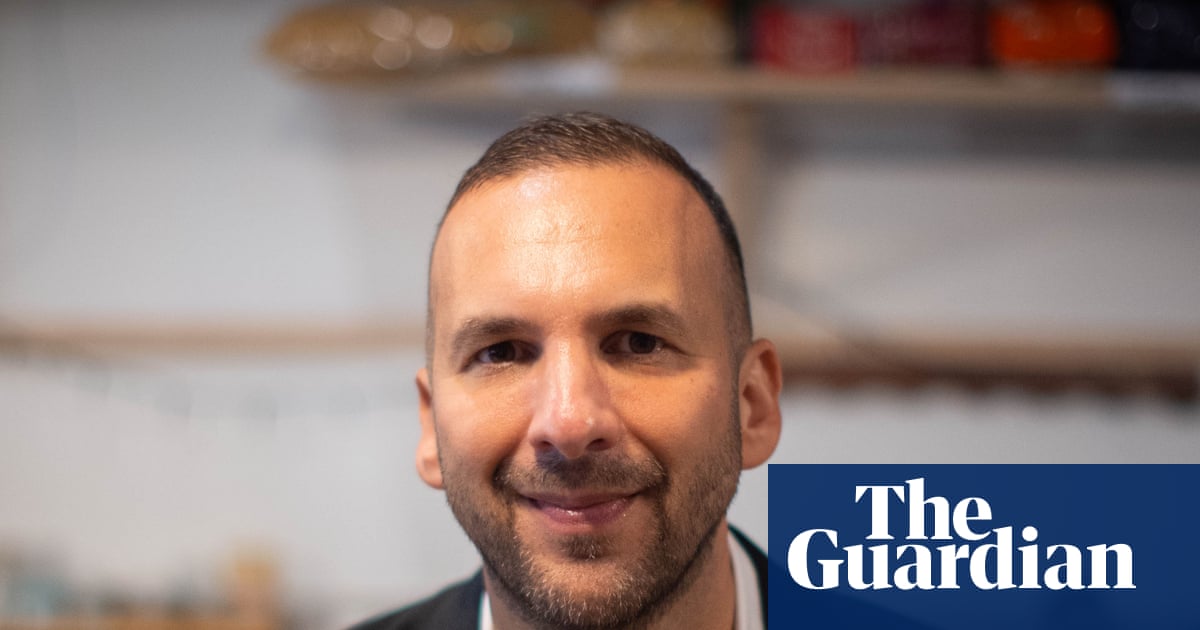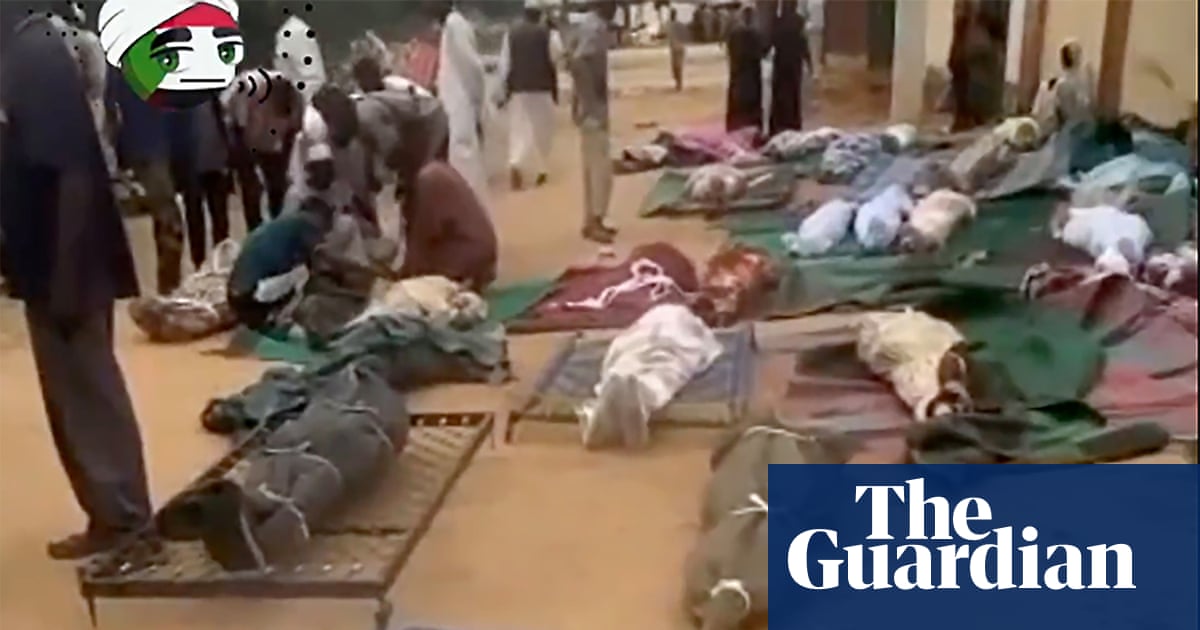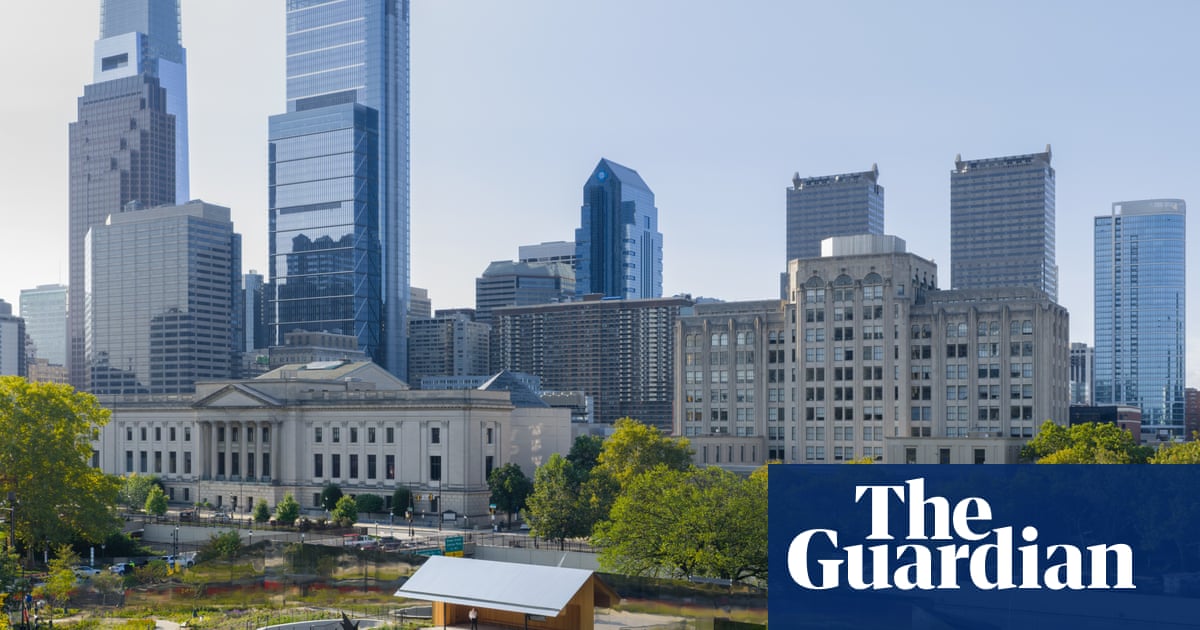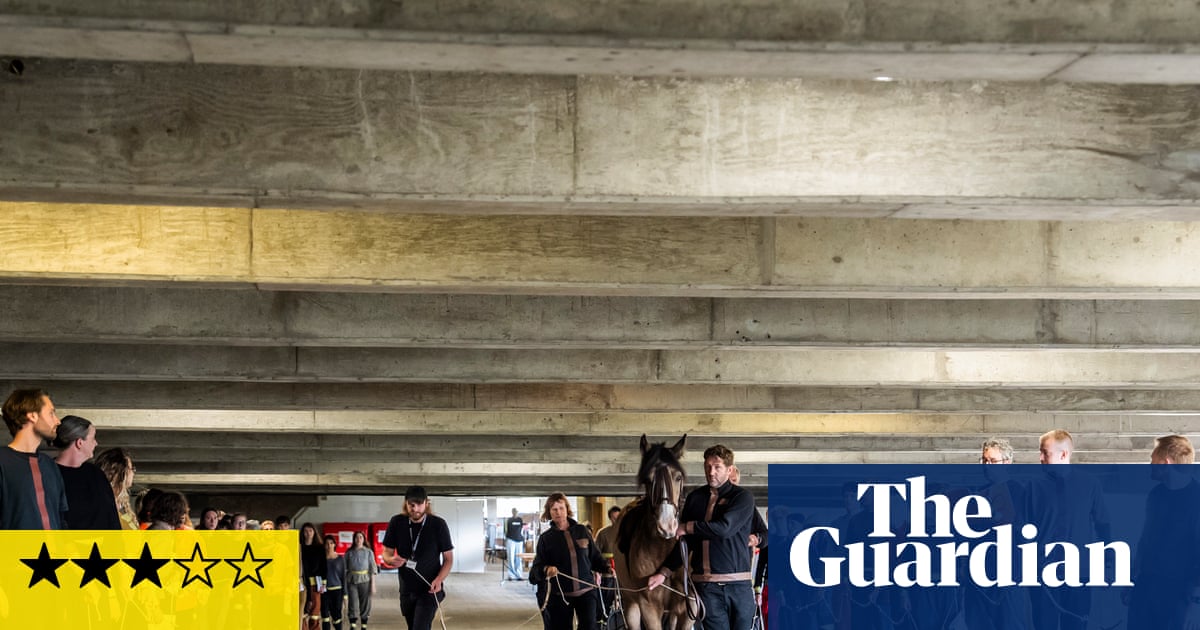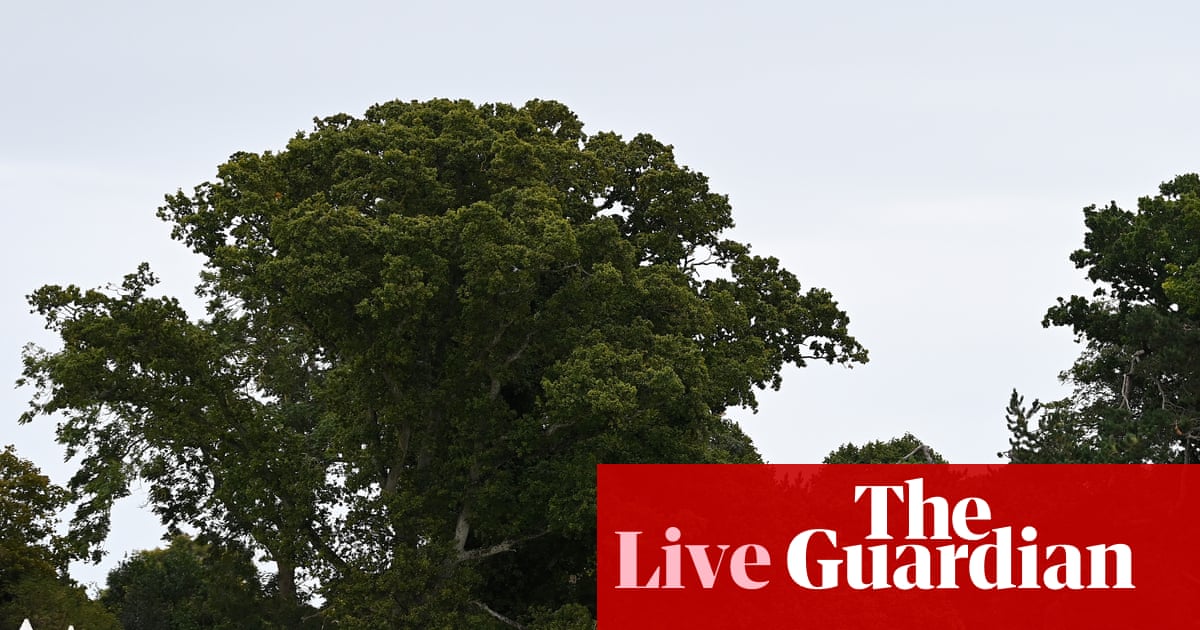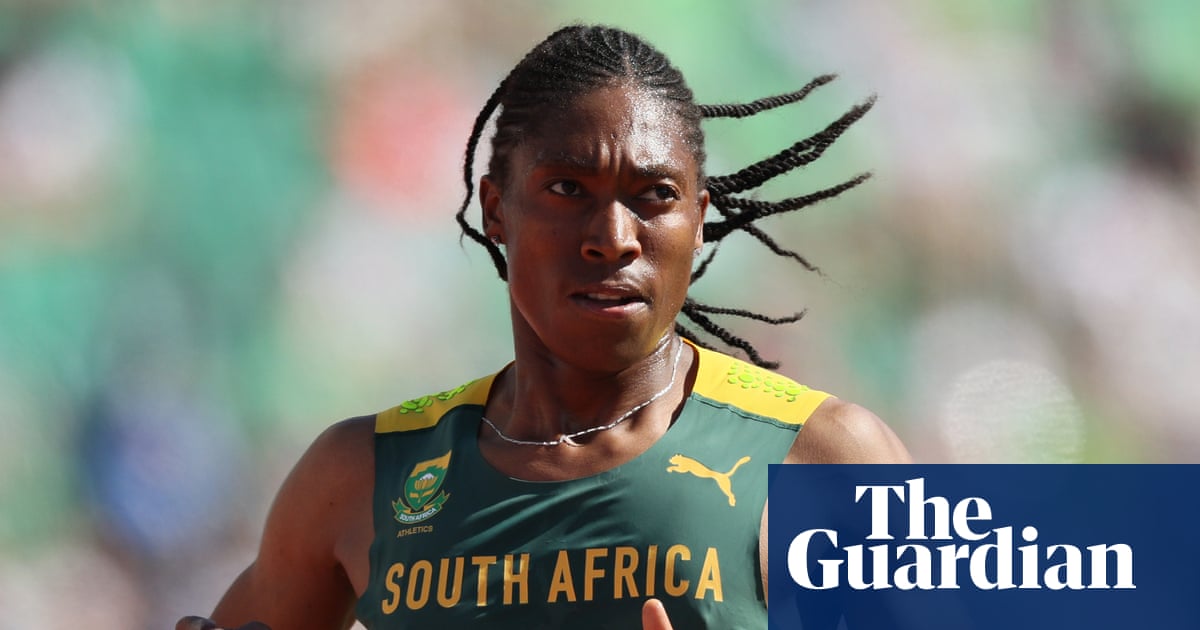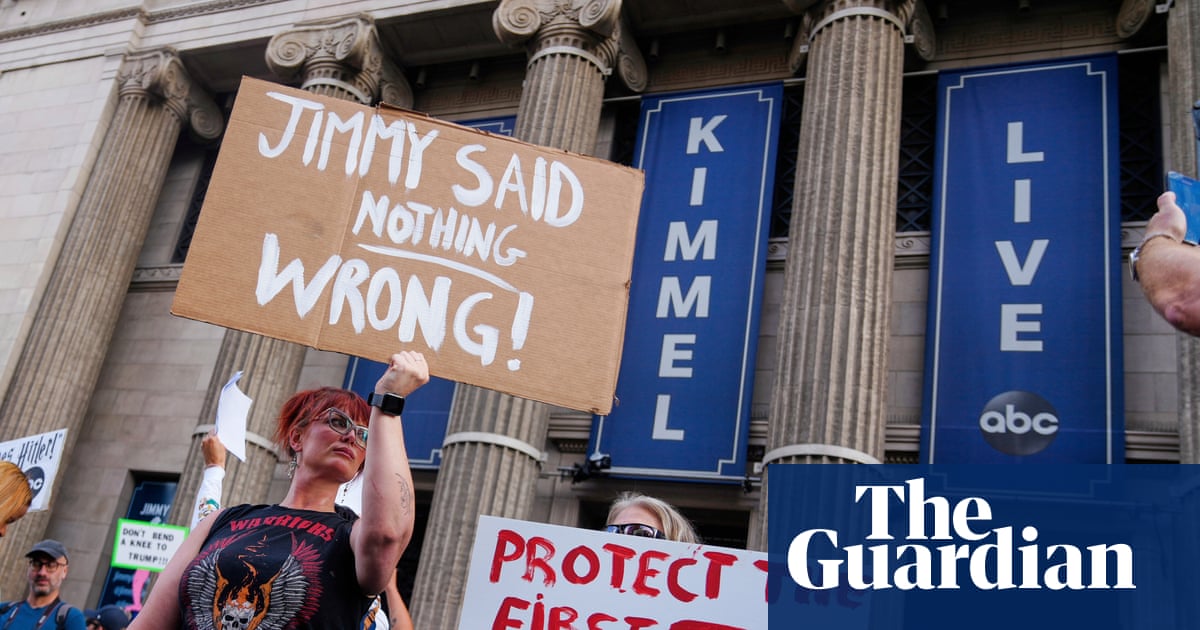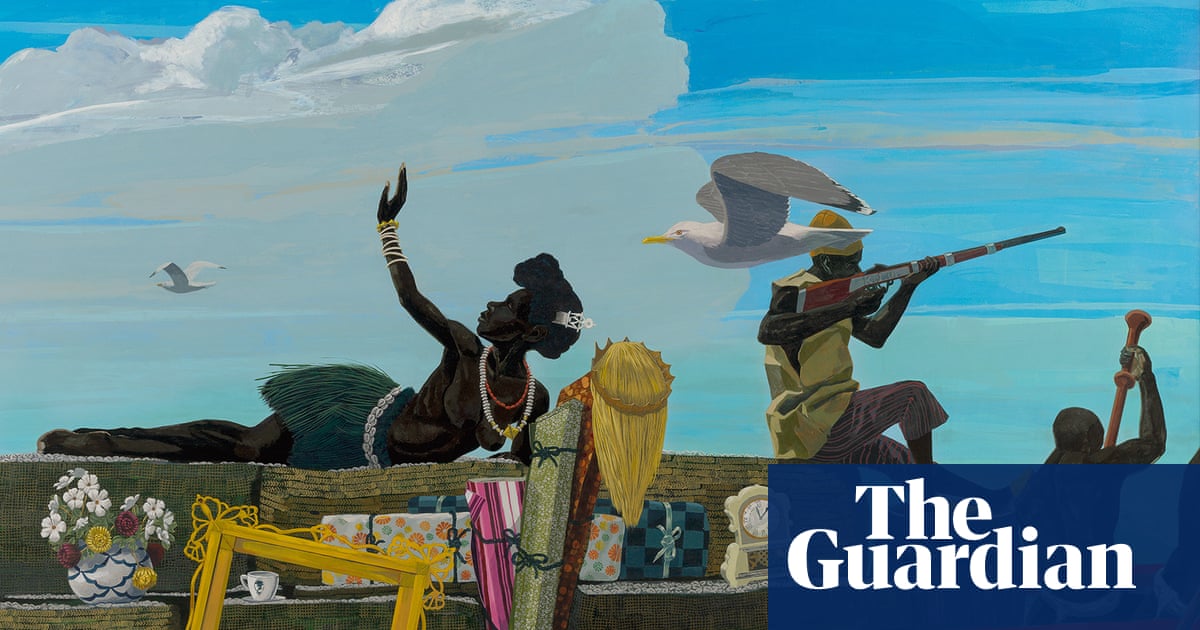Clovis Salmon, regarded as the first black documentary film-maker in the UK, has died at the age of 98.
His family said he died at south London’s Kings hospital on Wednesday morning.
Salmon was best known for filming the Brixton riots in 1981. Often using a concealed camera to avoid getting it confiscated by officers, he captured scenes of overturned cars, smouldering buildings and growing anger at police tactics.
Asked to explain the riots, one of his interviewees said: “Jobs, money, National Front, and all the rest, we’d just had enough, so we just explode.”
In an interview for the Guardian in 2021, Salmon said he filmed everything he saw during the riots. “For three days, I went up and down different places, everywhere I heard that they were fighting, riding my bike. And I always take my camera with me.”
Salmon came to Brixton from Jamaica in 1954 as part of the Windrush generation and has left behind an archive with hundreds of hours of footage covering many aspects of community life in south London. In the Great Conflict of Somerleyton Road, he documented a struggle to build the first black church in Brixton in the mid-1960s.
He was also known locally as Sam the Wheels for his cycle repair business and his collection of secondhand bikes that tumbled on to the pavement of his house on Railton Road.
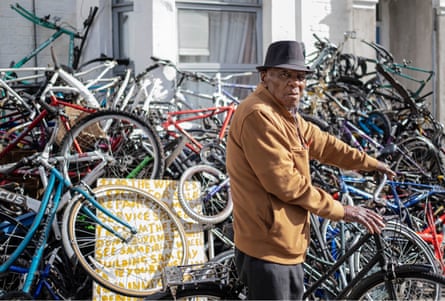
Salmon’s varied career included stints working in factories in Jamaica and cane fields in Florida, and later as a deacon in the Pentecostal church in London. As a mechanic, for Holdsworth Cycles, he could build wheels twice as fast as his white colleagues and soon earned a reputation as the “fastest wheel builder in Britain”.
Salmon’s significance as a film-maker was not recognised until very late in his life. In 2021 his documentaries featured at London’s Barbican arts centre, as part of its Decolonising Lens series. And last year he was awarded an OBE for services to culture and the black community.
Mark Sealy, director of the arts agency Autograph, said: “Sam was a maverick self-taught recorder of black life, and probably Britain’s most important overlooked black film-maker.”
Lucy Davies, director of 198 Contemporary Arts and Learning, has been promoting Salmon’s work since 2006 and is coordinating a project to digitise his archive and make it accessible online. “Sam got his flowers in the end, but not until the end of his life,” she said.
Davies added: “Sam did something that was unique – he filmed and documented the black community of Brixton at a time when the only other recording of the community was done by established media like the BBC or Pathé News ... He took it upon himself to document his own community during a really important period without any external support.”
He is survived by his wife, Delores. In a statement his family said: “He was a proud father of five children, grandfather to 10, and great-grandfather to many.”
An installation of bicycles remains on Railton Road in his honour.

 3 months ago
78
3 months ago
78
